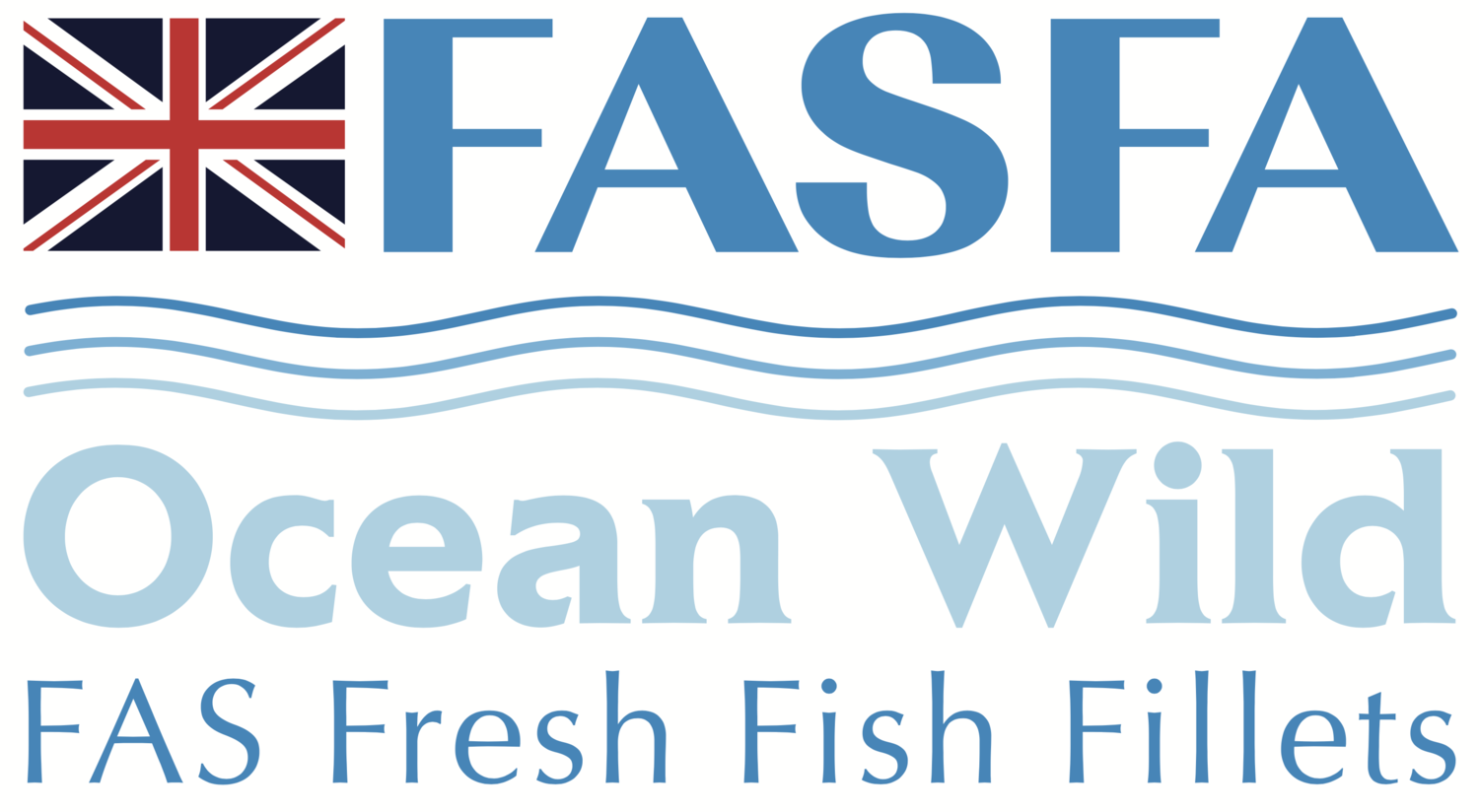Fish and Chips: Reasons to be cheerful, even in 2020!
The UK fish and chip sector continues to bring a smile to the faces of its customers and has adapted to the challenges of the global pandemic with drive, tenacity and innovation.
With the UK’s impending withdrawal from the EU and the global pandemic continuing to create economic uncertainty and unprecedented challenges for us all, it seems that there are precious few sectors which can continue to operate and thrive. The UK fish and chip sector, however, continues to bring a smile to the faces of its customers and has adapted to the challenges of the current situation with drive, tenacity and innovation, so there are some reasons to be cheerful…
Firstly, with over 85% of fish sold in UK shops being frozen at sea fillets from non-EU waters, our supply chains remain robust and secure. Despite this, headlines are still published, which claim that the supplies of cod and haddock for UK’s favourite dish are at risk as we continue to negotiate our withdrawal from the EU. This is wholly misleading.
Frozen at sea fish sold in UK shops is sustainably sourced from the bountiful, clear, ice cold, fishing grounds of the North Atlantic by British, Icelandic, Norwegian, Russian and Faroese vessels. As a result of the UK being the largest market for frozen at sea fillets, it is anticipated that these fleets and their contracts with the UK will be largely unaffected by any ongoing disputes with the EU, or in the event of a no-deal Brexit. Significantly, the recent signing of a bi-lateral agreement between the UK and Norway has firmly laid the foundations for our, mutually beneficial, commercial agreements to continue to flourish in the coming years. As well as Norway, the UK has strong historical trading relations with Iceland, Russia and the Faroes, so the recurring narrative around ‘the end of Great British Fish and Chips’ really holds no water.
Another claim frequently made in the media is that we will see prices of imported produce spiral in tandem with a drop in quality. In truth, the price of frozen at sea fillets bought in the UK remains steady and has been for some time, in part due to the existing commercial relationships and trading arrangements outlined above. Furthermore, the nature of frozen at sea fillets mean that their freshness is sealed in within hours of being caught and filleted by the state-of-the-art freezing processes on board. The fact that they are frozen also means that there are no issues around long-term storage, so shops and consumers needn’t worry about a shortage!
In other positive news for the fish and chip industry here in the UK, the recent restrictions around Covid-19 have little impact on the takeaway industry, which is clear to continue operations. Many UK shops have already invested in the technology and infrastructure required to offer deliveries, as well as in ensuring that they have the capability to operate as Covid-secure businesses with the necessary protections for staff and customers. Whilst the data is as yet unclear, many shops are reporting an upturn in sales as more and more consumers are looking to takeaways and deliveries of their favourite dishes–another reason for our sector to be cautiously optimistic this winter.
As an industry, we will continue to refute misleading headlines around the sourcing and availability of high quality, sustainable cod and haddock in the UK. We will also continue to champion the fish and chip shops and their teams, who are working tirelessly to give us all a tasty treat we can rely on to cheer us up in these turbulent times.

